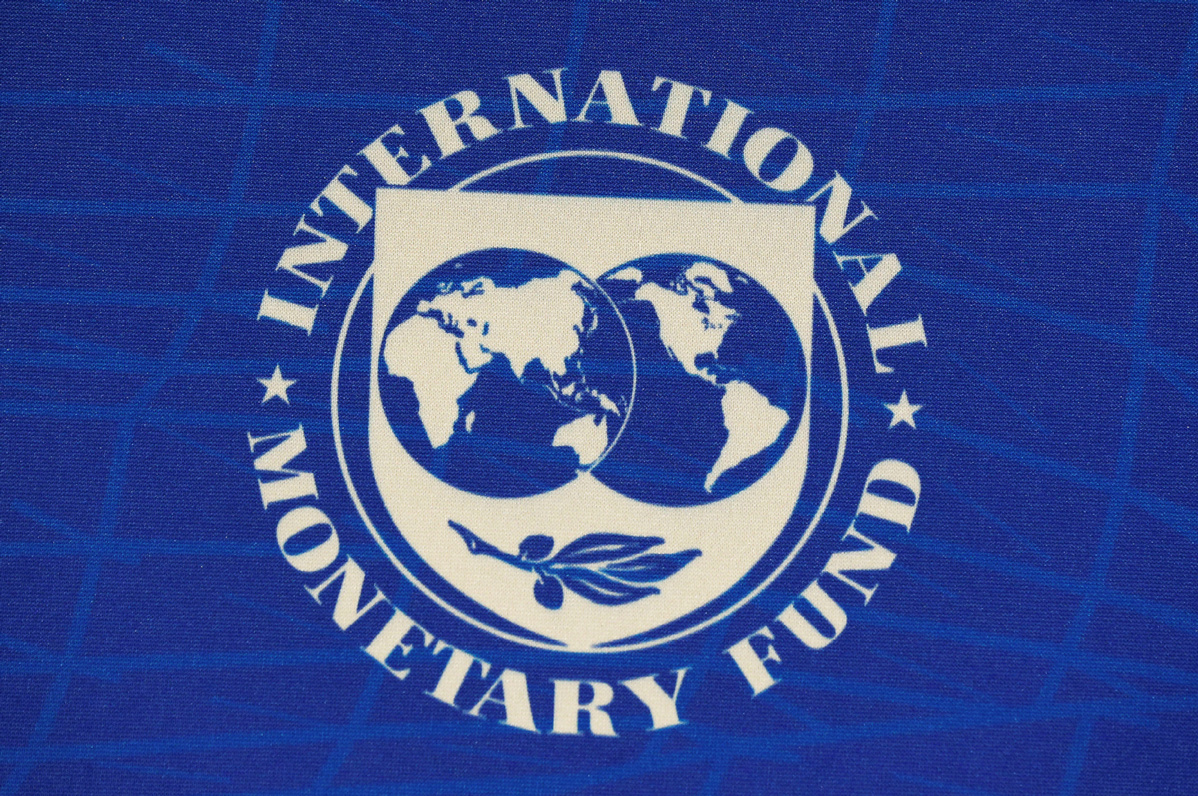Global teamwork needed on fiscal stimulus
By Han Seung-Soo | China Daily Global | Updated: 2020-05-19 09:01

What would be the direct and indirect effects of COVID-19 on the economy? It started with the supply side disruption and heightened uncertainty and panic for households and businesses. It is followed by increased uncertainty and panic that leads to a drop in consumption and investment.
The drop in demand dries up cash flows, triggering bankruptcies of firms. Layoffs generate a sharp rise in unemployment. Labor income falls and nonperforming loans rise, weakening demand.
According to the International Monetary Fund's World Economic Outlook, published in April, the pandemic is having a severe impact on global growth, and there is a risk we may have to face a worse outcome.
The IMF said that due to the pandemic, the global economy would shrink by 3 percent in 2020.
Assuming COVID-19 will fade in the second half of 2020 and containment efforts are relaxed, the IMF's projected global growth rate is 5.8 percent in 2021.
This is an extremely optimistic projection. It is contingent upon several assumptions: whether the pandemic will abate substantially; whether the containment efforts will be effective and supply disruption is minimal; and whether the tightening in global financial markets will have fewer repercussions.
According to the IMF's outlook, global growth is projected to contract by 3 percent in 2020 and grow at 5.8 percent in 2021. The economic growth of advanced economies is projected to contract by 6.1 percent in 2020 and grow at 4.5 percent in 2021.
United States' economic growth will contract by 5.9 percent in 2020 and grow at 4.7 percent in 2021. The European economy will contract by 5.9 percent in 2020 and grow at 4.7 percent in 2021.
Developing economies will contract by 1 percent in 2020 and grow at 6.6 percent in 2021.
World trade will contract by 11 percent in 2020 and grow at 8.4 percent in 2021. Imports and exports of advanced economies will contract by 11.5 percent and 12.8 percent, respectively, in 2020 and grow at 7.5 percent and 7.4 percent, respectively, in 2021.
Imports and exports of developing economies will contract by 8.2percent and 9.6 percent, respectively, in 2020 and increase by 9.1 percent and 11 percent, respectively.
If the current trend of the macroeconomic damage done by COVID-19 continues, the economic consequences of this year's crises could be much more damaging than what is estimated by the IMF.
The IMF says Asia's growth in 2020 will come to a standstill. This will be worse than the annual average growth rate at the time of the global financial crisis of 2008 (4.7 percent) or the Asian financial crisis (1.3 percent) of 1998-99.
There are several reasons for that.
First, Asia's service sector is hit hard by lockdowns. China's economy is beginning to get back to work while other economies such as Japan and Singapore are imposing tighter lockdowns at a huge economic cost.
Second, the slowdown of developed economies is much more severe.
The world has entered recession, the worst since the Great Depression of 1929-39. Asia's key trading partners are expected to contract sharply, including the US by 5.9 percent and Europe by 7.5 percent.
Third, China has slowed down.
What should be the policy measures that can lessen the COVID-19 impact on the global economy?
The priority is to ensure health-related spending to protect the health of the people and contain the spread of the pandemic.
We will need enormous fiscal stimulus to prevent lasting economic damage. Fiscal measures must prioritize health spending.
In the case of fiscal stimulus, there is a strong case for coordinated global action.
The central banks of developed countries should continue to support demand and boost confidence by easing financial conditions and ensuring flow of credit to the real economy.
The financial regulators should aim to maintain balance between preserving financial stability and a sound banking system in order to sustain economic activity.
Banks should use flexibility in existing regulations by using their capital and liquidity buffers, and undertake renegotiation of loan terms for stressed borrowers. Clear communication of supervisory expectations is essential for markets to function in these times.
The author is former prime minister of South Korea and chair of the International Committee of the International Monetary Institute at Renmin University. The views do not necessarily reflect those of China Daily.
























